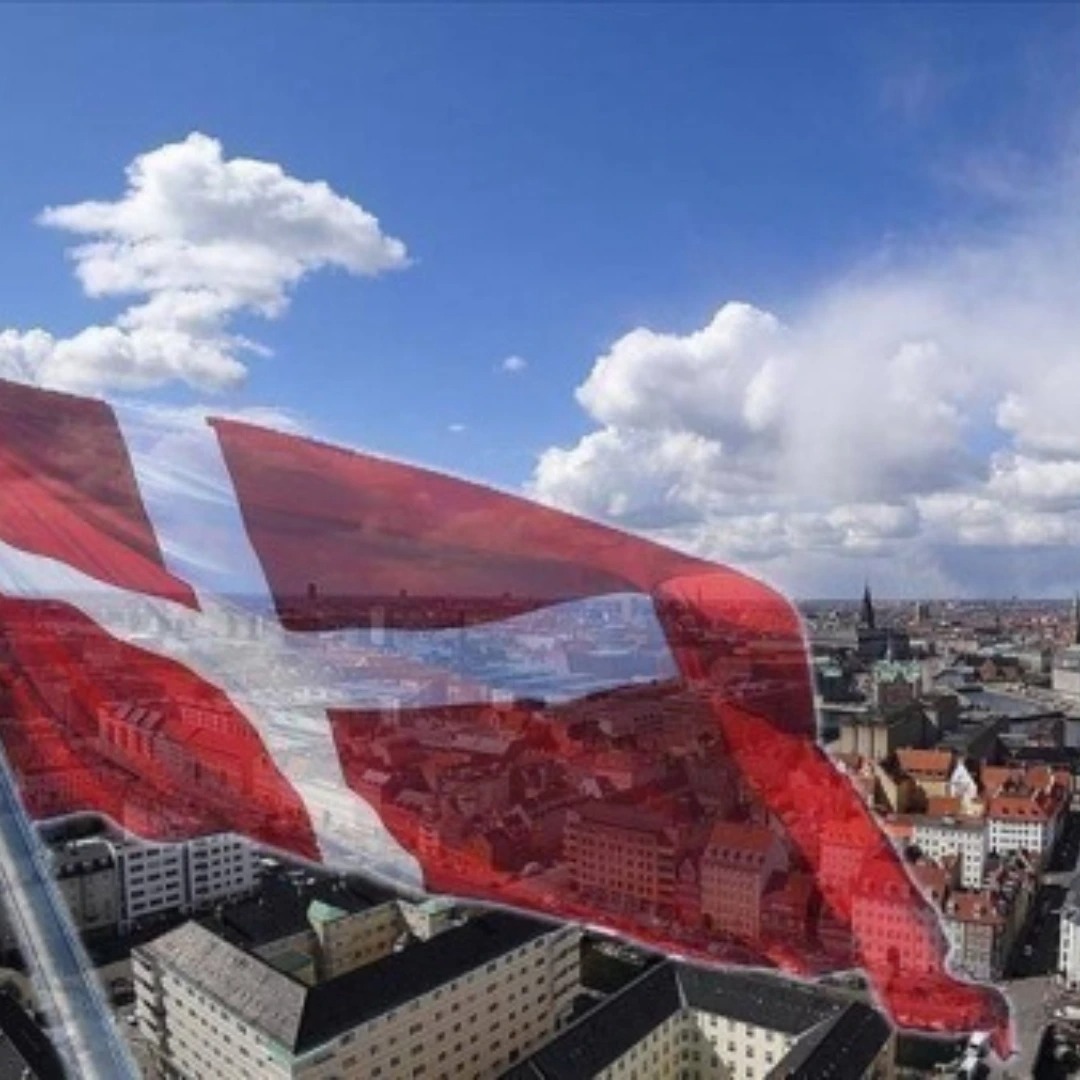Denmark has expressed strong criticism of US Vice President Vance following his controversial remarks regarding Greenland, a territory that is an autonomous constituent country within the Kingdom of Denmark. The controversy stems from Vance’s comments, which some viewed as an implicit challenge to Danish sovereignty over Greenland.
In recent years, Greenland has been the subject of increased geopolitical interest, particularly due to its strategic location and natural resources. The United States has long had an interest in the region, especially for military and economic reasons. This interest intensified during the Trump administration when former President Donald Trump famously suggested purchasing Greenland, which was met with sharp rebukes from both Denmark and Greenland’s government. Vance’s recent comments reignited tensions around this sensitive issue, leading Denmark to clarify its stance on the matter.
Denmark’s criticism centers on the notion that Greenland is part of its territory, and the Danish government firmly asserts its sovereignty over the island. Greenland is a self-governing entity within the Kingdom of Denmark, with its own government and control over most domestic affairs, but Denmark retains authority over foreign policy, defense, and other key issues. This unique political arrangement is important to Denmark, and any foreign comments that undermine this sovereignty are met with resistance.
The Danish government’s response to Vance’s comments highlights the broader issue of respect for national sovereignty and the delicate balance of international relations. Denmark has made it clear that while it values its relationship with the United States, it expects mutual respect for its territorial integrity, including its relationship with Greenland. This disagreement underscores the complexities of global politics, where geopolitical interests often collide with national pride and sovereignty.
In conclusion, Denmark’s criticism of Vance’s remarks reflects its firm stance on preserving its sovereignty over Greenland and ensuring that international powers respect the political status of the island. This situation serves as a reminder of the ongoing geopolitical importance of Greenland and the delicate nature of international diplomacy.









